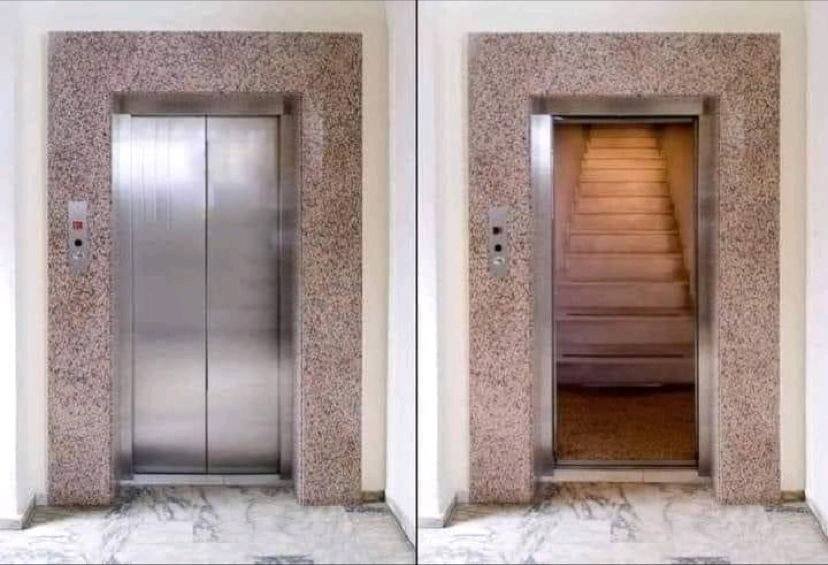Blog
News - Insights - POV’s

The 3 Main Reasons Why ‘AR Wayfinding’ Won’t Work in Hospitals (today).
AR wayfinding is a total hype, just like Blue Dot indoor navigation was in 2014. With the combination of platforms like PTC Vuforia, Unity, Mapbox, Matterport, ARKit, etc., creating a simple AR wayfinding application is easy. Social Media is full of mockups, demos, and even some real-life deployments of AR wayfinding. Admittedly, it looks impressive, but supporting wayfinding is more than just projecting a few AR elements on a straightforward path.

Why Most Digital Indoor Wayfinding Tools Fall Short in Hospitals
How well someone can navigate a building depends largely on their knowledge of the space. This spatial knowledge can be categorized into three types: knowledge of a specific point in space (e.g., the destination), route knowledge (the path from their current location to the destination), and survey knowledge, which involves understanding the overall layout of the environment (Wiener, 2009).
When designing tools to help people navigate, you are essentially addressing a "spatial knowledge deficit." Only by understanding and mitigating this deficit can you create effective navigation solutions. This requires a deep understanding of the spatial cognitive processes involved in wayfinding.

Creating Effective Wayfinding Tools Requires Understanding of Spatial Cognition
Wayfinding is a complex process. We need to understand the underlying cognitive processes in order to create the right tools to help people navigate unfamiliar environments in a simple and effective way. Often, we develop solutions that address a non-existent problem because we do not fully grasp where the true wayfinding issue lies. We will illustrate this with an example: finding your way in a supermarket or a DIY store.

15 Common Mistakes / Blunders in Wayfinding Design in Healthcare
ince there are hardly any opportunities to test wayfinding design as a system within a hospital, innovation is slow.
This means we keep making the same mistakes, because if you do what you always did, you'll get what you always got.
When you see paperwork, you can be sure something is wrong. But if you look closer and notice the following things, you know something isn’t right either. 😊

How to Select the Right Digital Wayfinding System for Your Patients
We regularly engage in discussions with hospitals that have recently discovered the added value of digital wayfinding.
Once a hospital has gathered internal support to seriously explore the implementation of a mobile wayfinding system, the real search begins. People have seen all sorts of claims on social media, making it difficult to make the right decisions. So, what should you be looking for, and how do you make proper comparisons?
